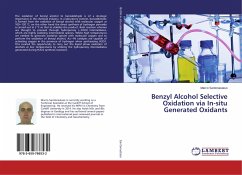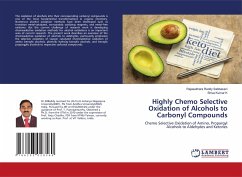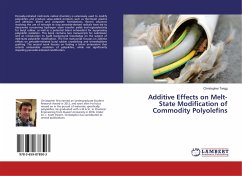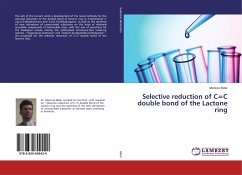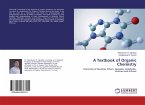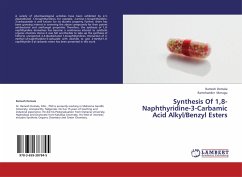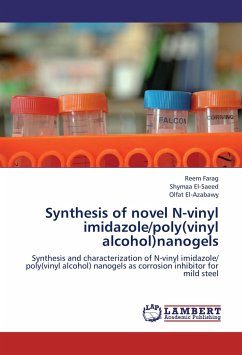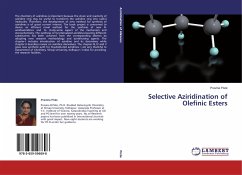The oxidation of benzyl alcohol to benzaldehyde is of a strategic importance in the chemical industry. In a laboratory context, benzaldehyde is formed from the oxidation of benzyl alcohol with molecular oxygen at 100-120 °C; on the other hand the direct synthesis of hydrogen peroxide is carried out at 2 °C so that to stabilize the product. Both reaction schemes are thought to proceed through hydroperoxy (-OOH) intermediates, which are highly oxidizing intermediate species. Whilst high temperatures are needed to generate oxidative species with molecular oxygen and to perform the oxidation of benzyl alcohol, Au-Pd catalysts are capable of activating oxygen in the presence of hydrogen when synthesizing H2O2. This created the opportunity to carry out the liquid phase oxidation of alcohols at low temperatures by utilizing the hydroperoxy intermediates generated during H2O2 synthesis reactions.
Hinweis: Dieser Artikel kann nur an eine deutsche Lieferadresse ausgeliefert werden.
Hinweis: Dieser Artikel kann nur an eine deutsche Lieferadresse ausgeliefert werden.

